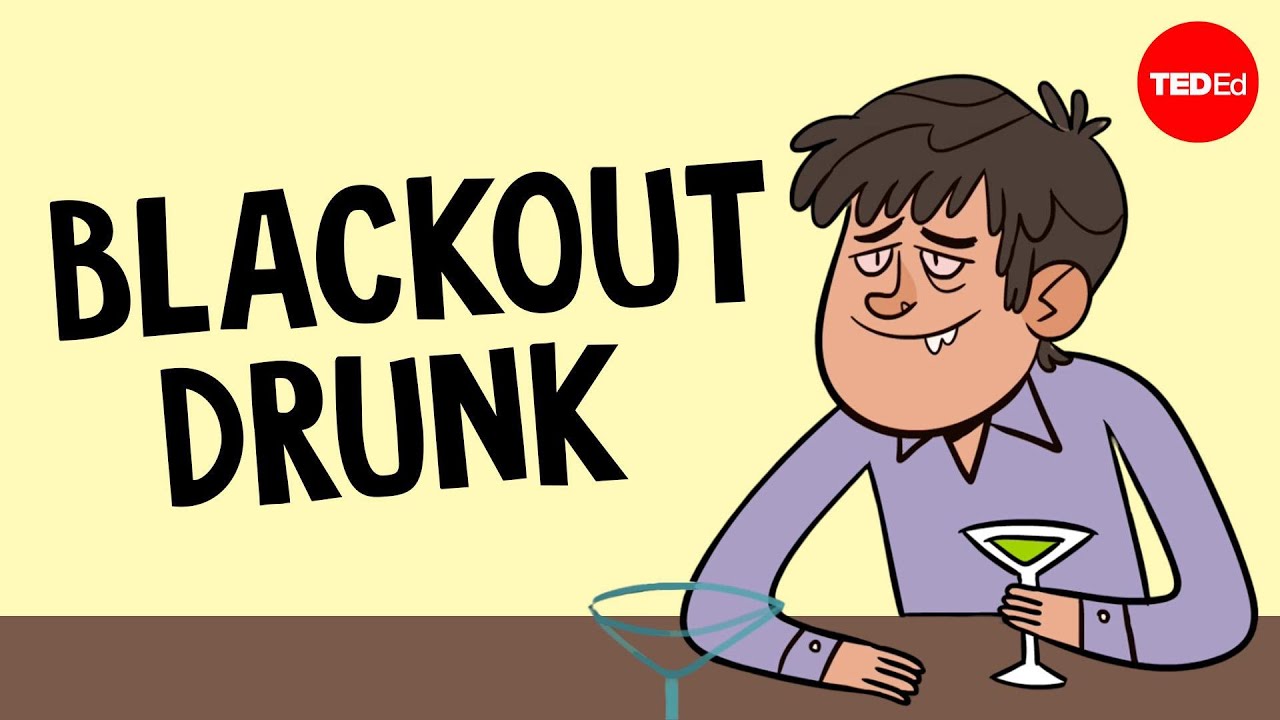Alcohol intoxication is a hidden epidemic that society grapples with, impacting countless families and communities. While many view alcohol consumption as a casual social activity, the reality isn’t so black and white. It manifests in various ways, significantly affecting one’s physical health, psychological well-being, and relationships. The numbers are staggering: according to the National Institute on Alcohol Abuse and Alcoholism, over 14 million adults in the United States battle alcohol use disorders. Understanding the nuances of alcohol intoxication is crucial if we aim to tackle this pervasive issue effectively.

Understanding Alcohol Intoxication: A Hidden Epidemic
Alcohol intoxication doesn’t just involve physical alterations; it intertwines with broader psychological issues. Mental health disorders often flare up in conjunction with heavy alcohol use, complicating treatment and recovery. A large segment of those struggling with alcohol also faces challenges like anxiety and depression. Unfortunately, these overlapping issues often go unrecognized, perpetuating a cycle of dependence and despair.
Families affected by alcohol dependency often feel helpless. Parents may find themselves navigating the rough waters of their child’s addiction, filled with worry and confusion. That’s where organizations like Mothers Against Addiction come into play. They provide essential support, resources, and a sense of community for parents grappling with these challenges. With educational initiatives and outreach, they help break down the stigma surrounding these issues, offering families a lifeline during their darkest days.

Top 7 Disturbing Alcohol Intoxication Symptoms and Their Complications
![Alcohol Intoxication [Examination of a person with alcohol intoxication]](https://www.mothersagainstaddiction.org/wp-content/cache/flying-press/d81ffa2fc4a5314a9242304888eb5f21.jpg)
The Connection Between Alcohol Intoxication and Mental Health Disorders
The correlations between alcohol intoxication and mental health issues reveal a distressing picture. Alcohol is used as a crutch for many, worsening conditions like anxiety and depression. Research indicates that nearly 30% of individuals with anxiety disorders also engage in problematic alcohol use. This co-morbidity often leads down a dark path where seeking help feels insurmountable.
Complicating matters is the link between alcohol and suicidal thoughts. Reports from 2022 suggest that increased alcohol consumption can trigger suicidal ideation in those already struggling with mental health. For people who might be taking medications like Ozempic, the side effects can amplify feelings of despair. Families watch helplessly as their loved ones grapple with a dangerous mindset.
How do we address these alarming trends? Open conversations about mental health and alcohol use must be normalized. By fostering an environment where individuals feel comfortable discussing their struggles with loved ones, we pave the way for significant change and recovery.

Withdrawal Wars: The Overlap of Alcohol and Other Substances
Alcohol intoxication rarely exists in isolation. The interaction with other substances, such as nicotine, creates unique challenges during withdrawal periods. Consider the case of an individual battling both alcohol dependency and topical steroid withdrawal. They sought solace in alcohol to numb the discomfort, complicating their recovery.
This overlap between different substance withdrawals paints a picture of a complex situation that needs tailored interventions. Integrated treatment plans that address alcohol dependency alongside other substance issues are vital. Families benefit from understanding these intricate relationships; they can tailor their approaches based on the unique circumstances their loved one faces.

A Call to Action: Addressing Alcohol Intoxication’s Far-reaching Impacts
The far-reaching consequences of alcohol intoxication extend beyond the individual. Families often find routines disrupted, relationships strained, and emotional well-being compromised. Alcohol can tangentially affect workplace productivity, community safety, and overall family dynamics.
We must act by bringing awareness to the issues surrounding alcohol intoxication. Community programs focusing on education and prevention can significantly reduce stigma and encourage individuals to seek help before reaching crisis points. Initiatives like family support groups, educational outreach, and access to mental health resources should continuously evolve.
Open discussions about alcohol use should become commonplace. By creating an environment of support that emphasizes understanding rather than judgment, we foster recovery for families, individuals, and communities. The work being done by organizations like Mothers Against Addiction can empower families to break free of despair and create a path toward hope and healing.
In conclusion, the shocking truth about alcohol intoxication is that it’s more than a personal battle; it’s a public health crisis that requires collective effort to address. Together, we can pave the way for radical change by providing support and fostering open dialogue about mental health and addiction. Let’s focus on recovery, resilience, and hope for a better tomorrow.
The Shocking Truth About Alcohol Intoxication
Fun Facts About Alcohol Intoxication
Did you know that alcohol intoxication can affect your body much more than just feeling buzzed? The brain starts to slow down and respond less to stimuli after a certain blood alcohol concentration (BAC), generally around 0.05%. This means your coordination is off, and your judgment can get pretty shaky. Interestingly, if you’ve ever thought about how famous artists capture the essence of a carefree night out, you might just enjoy diving into some popular John Waters Movies( that reflect similar themes of rebellion and partying. Just like those films, alcohol intoxication can inspire a little mischief, but it also has a darker side that can lead to serious consequences.
As alcohol continues to infiltrate the system, the effects intensify. Brain functions can slow down considerably, impacting everything from motor skills to decision-making. Fun fact: binge drinking is particularly dangerous. It raises BAC levels dangerously fast, increasing risks for alcohol poisoning. If that’s got you concerned, you might also be interested in Quitting Vaping—another( habit that could play a role in health downturns.
Now, shifting gears a bit, let’s chat about some trivia that ties into alcohol culture. Take the recent Country Music awards 2024;(😉 many country songs relate to heartache and loss, often fueled by a drink or two. Alcohol has long been a staple in musical storytelling, influencing both artists and fans. And speaking of influence, did you know that one of the widely explored concepts in modern shows is euphoria?(?) It often touches on substance use and its lived realities, offering viewers a glimpse into the highs and lows of addiction, including alcohol intoxication.
Alcohol intoxication is a real concern, and education can go a long way. While it may seem harmless at first, those innocent drinks can lead to an uncomfortable visit to the hospital or worse. It’s essential to observe the signs early and be aware of how seemingly innocent fun can morph into something unsettling. Whether it’s wearing a cool Argentina jersey() during a game or enjoying a drink while celebrating, moderation is key. Additionally, learning how to invest in one’s health, like with products such as Alaya collagen,(,) can be a great way to shift focus. Awareness and knowledge can make all the difference when navigating the sometimes tricky waters of alcohol intoxication.





























